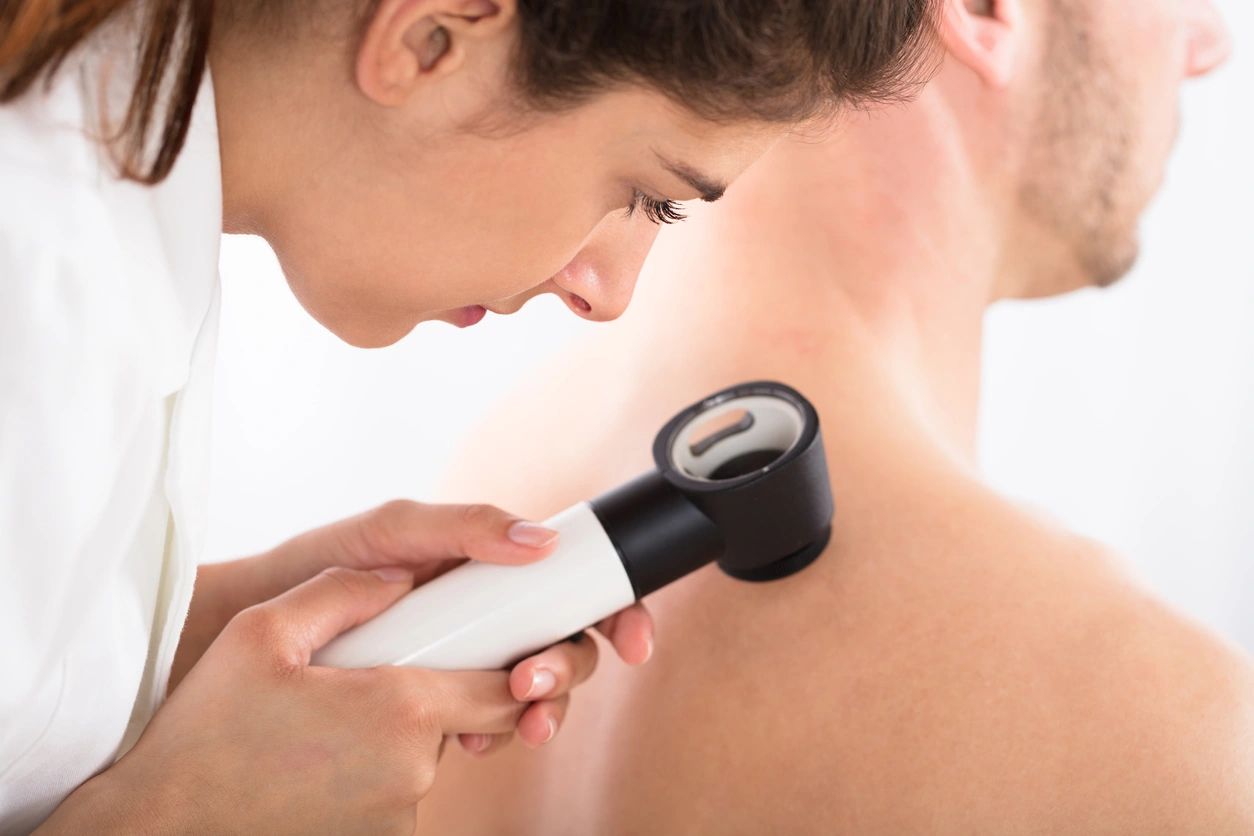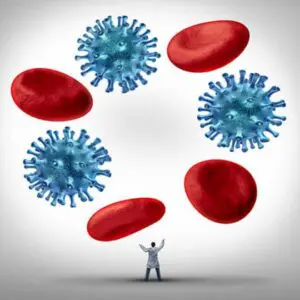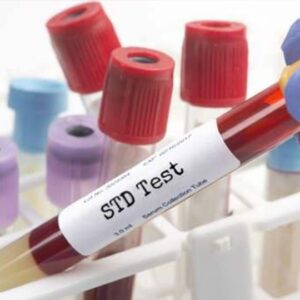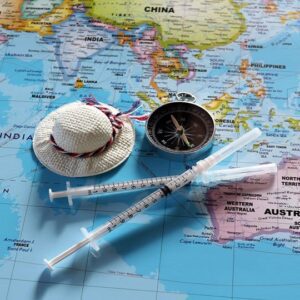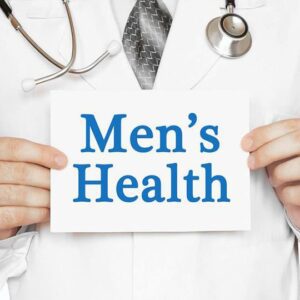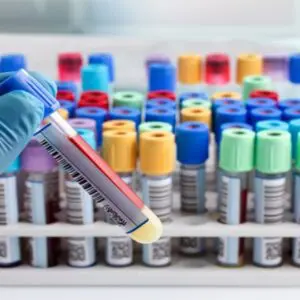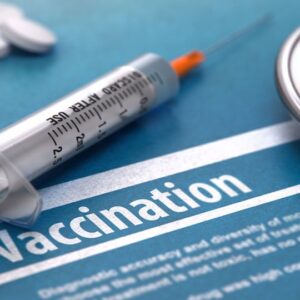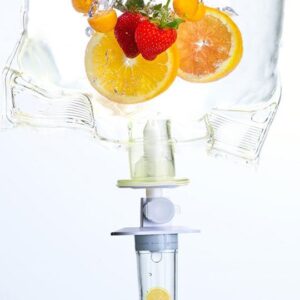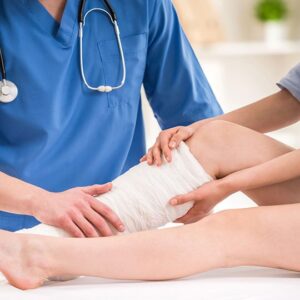ALLERGIES
High-Quality Care for Allergies
Allergies occur when your immune system responses or reacts to foreign substances, such as bee venom, pet dander, pollen, or even food that typically does not induce a reaction in other individuals. Your immune response to the foreign substance can produce inflammation or redness in your sinuses, airways, digestive system, and skin.
The degree of reaction vary from one individual to the next and also varies based on the level of exposure.
Please dial 911 if you are experiencing a life-threatening allergic reaction.
Symptoms Based on other Type of Allergic Reaction:
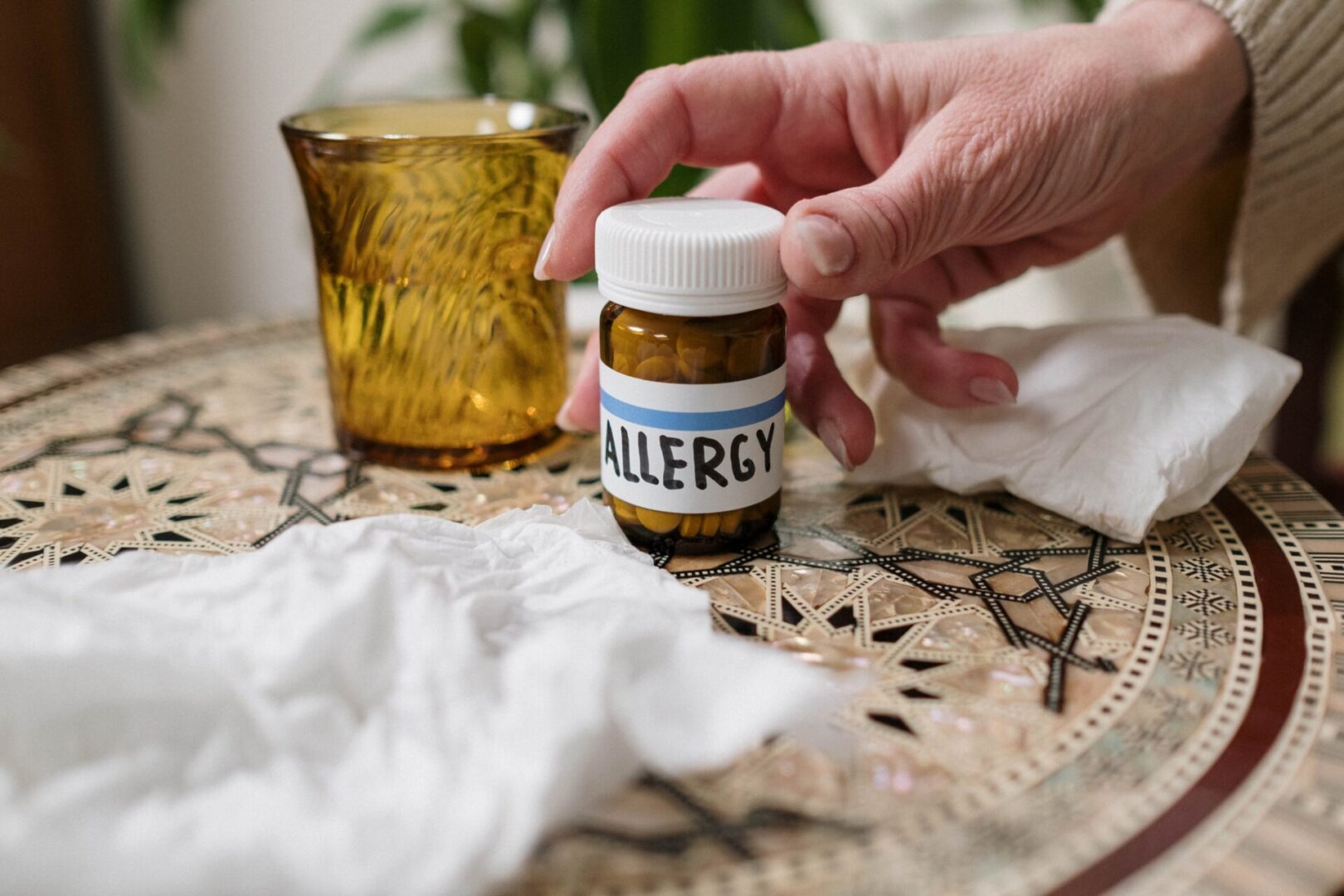
Hay Fever (Allergic Rhinitis)
- Itchy and Watery Eyes
- Itchy Nose
- Runny Nose
- Sneezing
Food Allergy
- Rashes
- Hives (A Rash With Raised Red Patches)
- Stomach Cramps and Vomiting
- Tingling Sensation in Mouth
An allergic reaction to a drug can cause hive, itchy skin, facial swelling, wheezing, and, in severe cases, an anaphylactic reaction.
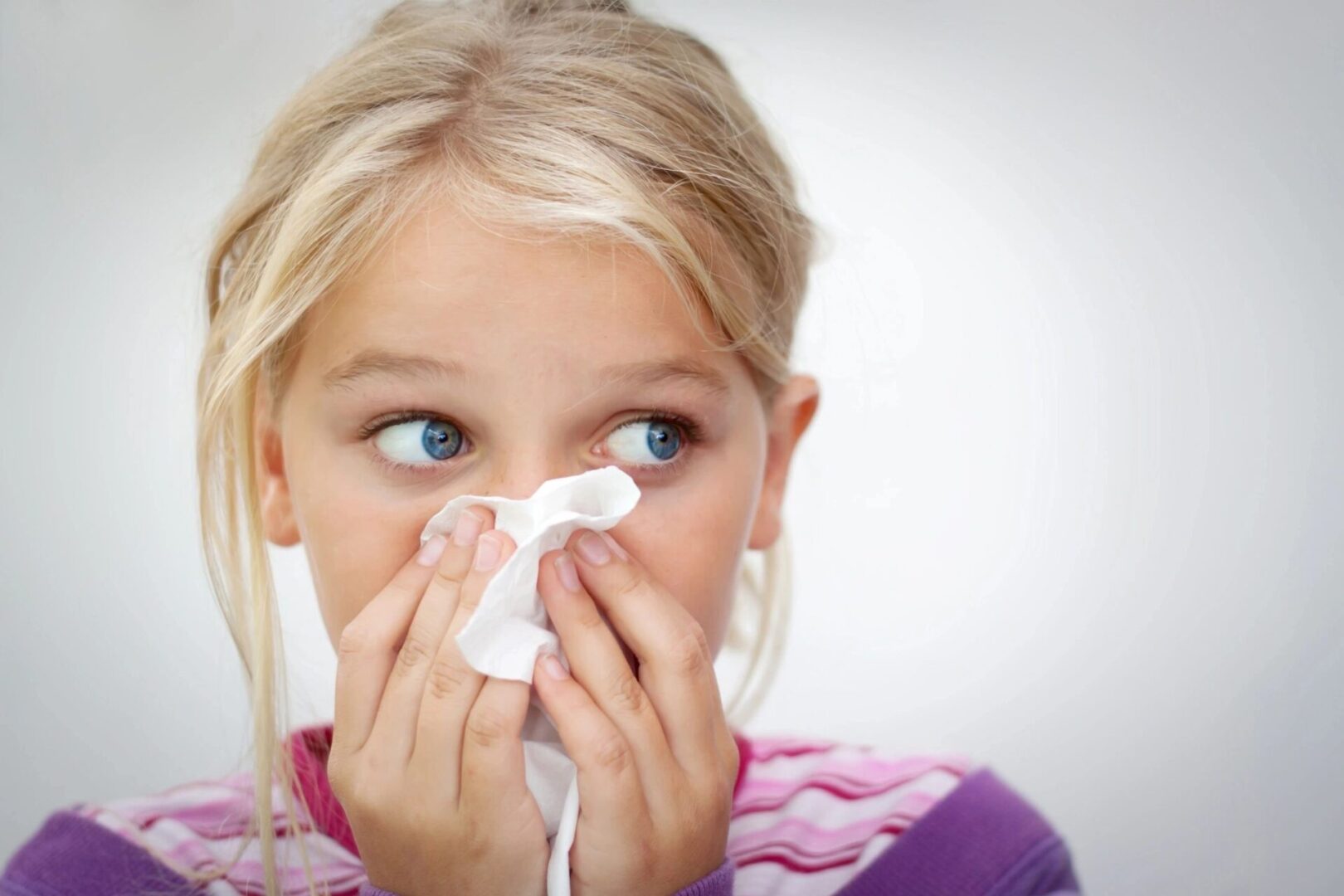
Other Specialized Tests Performed in Our Clinic Are as Follows:
Learn About Allergy Tests and the Procedures Involved With Each
Food Challenges
This is performed in selected individuals to confirm a food allergy or to determine if they may tolerate food that they are currently avoiding. Incremental doses of the food are given to the patient starting with a very small quantity. Each dose is followed by a period of observation and assessment prior to receiving the next dose.
After receiving the final dose, the patient undergoes an additional observation period and final assessment. Due to the risk of developing an adverse reaction, all food challenges are performed under physician supervision.
This procedure is performed in selected patients who have aspirin-exacerbated respiratory disease or AERD (previously known as Samter’s triad) – a condition that is characterized by aspirin or NSAID-induced respiratory reactions in patients with underlying chronic respiratory diseases such as asthma, rhinitis, sinusitis, and/or nasal polyps.
This is a specialized procedure that is performed over a few days with the goal of inducing one’s ability to temporarily tolerate aspirin. Increasing doses of aspirin are given starting with a very small dose and patients are observed and assessed between doses and throughout the procedure.
After completing the procedure, the patient will take aspirin daily in order to maintain this ability to tolerate aspirin. Prior to undergoing this procedure, your allergist will assess your lung function and determine what medications you should be taking.
Note: NSAID refers to “nonsteroidal anti-inflammatory drugs” and they are in the same family as aspirin. These include ibuprofen, Motrin Advil, naproxen, Aleve.
Drug/Medication Challenge
This is performed in selected individuals to confirm a drug allergy or to determine if they may tolerate a drug that they are currently avoiding. Incremental doses of the drug are given to the patient starting with a very small dose. Each dose is followed by a period of observation and assessment prior to receiving the next dose.
After receiving the final dose, the patient undergoes an additional observation period and final assessment. Due to the risk of developing an adverse reaction, all drug challenges are performed under physician supervision.
This is used to evaluate for an underlying trigger/agent in individuals who develop contact dermatitis. An example of contact dermatitis is the development of a rash after wearing certain metal jewelry or using a certain skin care product. The suspected agents are placed in the form of patches on the back.
The patches are removed 48 hours later. The results are read 2 to 5 days after the patches are removed, and sometimes up to 10 days after removal. You should avoid water and moisture in areas where the patches are placed unless there is a special moisture-proof cover placed over the patches.
Note: Due to the risk of having significant adverse reactions during certain procedures, our allergy clinic has strict protocols to ensure that all procedures are performed safely under physician supervision.

